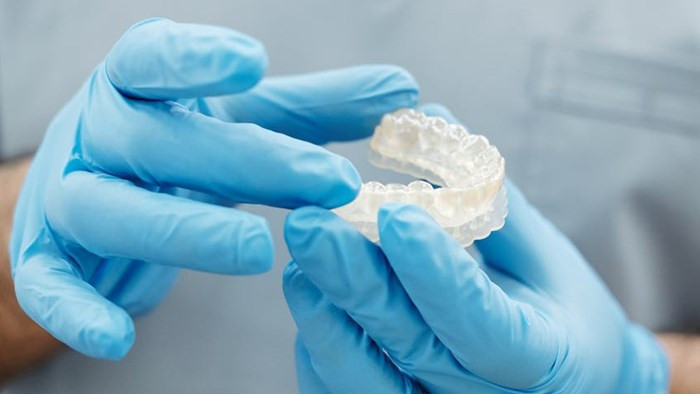Surface Treatment Of Implantable Metals
Surface Treatment Of Implantable Metals – Coating Equipment Solutions – Cheersonic
Plasma nitriding technology is ideal for surface treatment of many medical grade metallic materials such as titanium alloys, ferritic stainless steels and austenitic stainless steels, etc.
Metal biomaterials are widely used in implants, but with the chemical corrosion effect of the human body, cyclic stress of varying heights will be generated in the implants. Therefore, enhancing the surface properties of implantable alloys is critical in medical device applications, such as artificial hip and knee implants that rely on high-tech biomaterials.

Related applications have been improved through the extensive use of different materials, coatings, processing methods and designs. A total of 7.2 million Americans received total knee arthroplasty (TKA) and total hip arthroplasty (THA) implants in 2010, according to a study released by the Mayo Clinic in 2014.
TKA and THA materials typically include titanium alloys, cobalt-chromium alloys, stainless steel alloys, polyethylene, and ceramics. Since the 1990s, THA designs have been dominated by the use of rough or porous coated titanium shells and alumina [ceramic] linings.
Furthermore, dental implant applications also see surface nitridation as a useful technique to enhance biocompatibility, as it has also evolved primarily from metal powder additive manufacturing (AM) over the past few decades.
Surface treatments are commonly used in the medical and dental industries to treat materials such as stainless steel, titanium alloys, cobalt-chromium alloys and other specialty alloys. Traditional treatment methods include carburizing, salt bath nitriding or gas nitriding, each with their own advantages and disadvantages. However, for highly precise control of diffusion layer formation to improve material properties, advanced pulsed plasma nitridation techniques are the preferred solution.
Pulsed plasma nitridation technology has been used for decades, combining excellent DC pulsed signal control and improved chamber design and construction to achieve precise temperature control and uniform distribution of the entire hot wall chamber hot zone, ultimately Ensures highly consistent and uniform nitriding from batch to batch with less gas consumption per time compared to traditional nitriding methods.
In addition to precise control of the diffusion layer, the technology is well suited for the surface treatment of many metallic materials for medical applications, such as titanium alloys, ferritic and austenitic stainless steels.
In addition, commercial heat treatment shops have a variety of processing equipment and suppliers to choose from. Its extensive system configurations help high-volume parts manufacturers improve flexibility, efficiency, reproducibility and throughput. To this end, medical device manufacturers in Europe, North America and Asia have introduced such systems to achieve cleaner and more efficient operations.
Source: nanowerk
Cheersonic is the leading developer and manufacturer of ultrasonic coating systems for applying precise, thin film coatings to protect, strengthen or smooth surfaces on parts and components for the microelectronics/electronics, alternative energy, medical and industrial markets, including specialized glass applications in construction and automotive.
